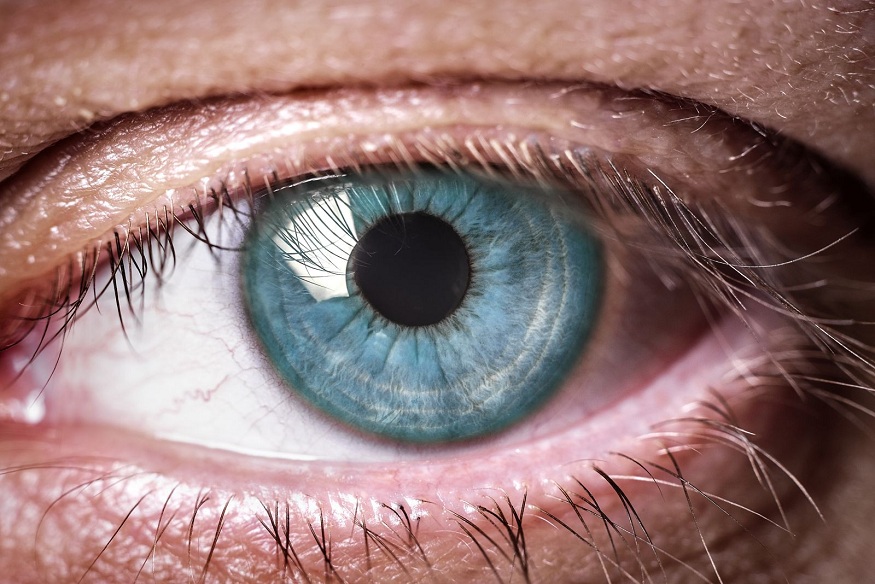
Optometrists And The Battle Against Age-Related Macular Degeneration
Age-related macular degeneration (AMD) is a common eye condition affecting many as they age. Optometrists play a critical role in this battle. Regular eye checks can help catch AMD early, allowing for timely intervention. Routine care is more effective after treatment, helping maintain vision quality. In the world of eye care, even minor issues like a buffalo grove corneal abrasion need attention. Optometrists work diligently to manage and slow down the progression of AMD, protecting one’s vision for years to come.
Understanding Age-Related Macular Degeneration
AMD affects the macula, the central part of the retina responsible for sharp vision. This condition can make tasks like reading and recognizing faces difficult. There are two main types: dry and wet. Dry AMD is more common and progresses slowly. Wet AMD is less common but can lead to rapid vision loss.
The Role of Optometrists
Optometrists are key in diagnosing and managing AMD. Through regular eye exams, they can detect changes in the retina that signal the onset of AMD. Early detection is crucial. It allows for timely treatment, which can slow progression and preserve vision. Optometrists also educate patients on lifestyle changes that can lower risk, such as quitting smoking and eating a balanced diet.
Prevention and Management
While there’s no cure for AMD, there are ways to manage it.This approach can help maintain eye health and slow down vision loss.
- Healthy Diet: Eating leafy greens and fish rich in omega-3 can support eye health.
- Regular Exercise: Staying active can improve circulation and reduce the risk of AMD.
- Protection from Sunlight: Wearing sunglasses can protect eyes from harmful UV rays.
Treatment Options
For those with more advanced AMD, treatments are available. These treatments can vary based on the type of AMD.
| Treatment | Dry AMD | Wet AMD |
| AREDS Supplements | Recommended | Not applicable |
| Anti-VEGF Injections | Not applicable | Recommended |
| Laser Therapy | Not applicable | Available |
For dry AMD, optometrists often suggest the AREDS supplement, which includes vitamins and minerals shown to slow progression. Wet AMD may require treatments like anti-VEGF injections or laser therapy to manage abnormal blood vessel growth.
Research and Future Directions
The fight against AMD is ongoing. Research is crucial in developing new treatments and understanding the disease. Institutions like The National Eye Institute are at the forefront of this research, providing valuable insights that help shape future care.
Advancements in genetic research also offer hope. By understanding the genetic factors involved, scientists may develop targeted treatments to prevent AMD before it starts.
Conclusion
In conclusion, optometrists are vital allies in the battle against AMD. Through early detection and comprehensive care, they help preserve vision and improve the quality of life for those affected. By staying informed and seeking regular eye care, one can take proactive steps to protect their vision against AMD.


